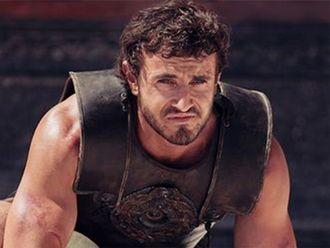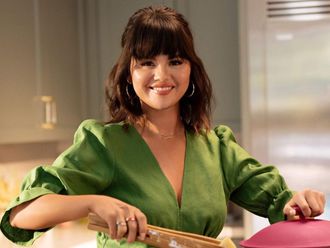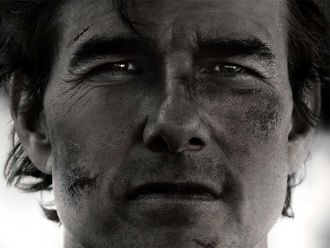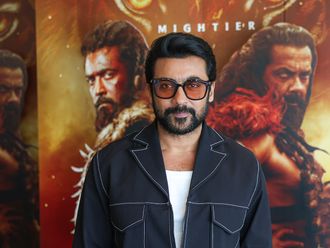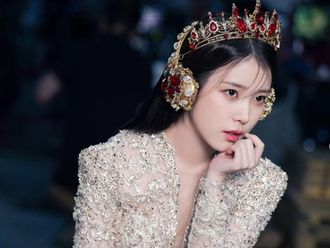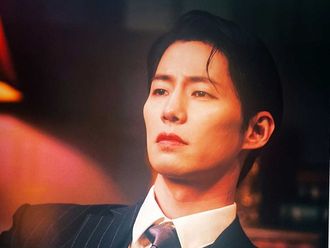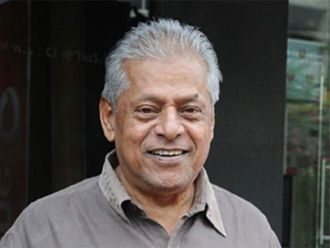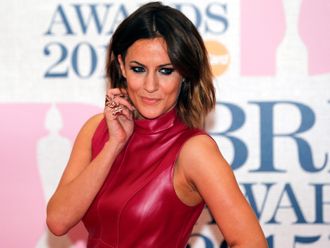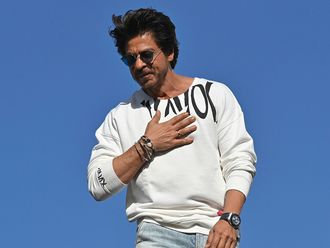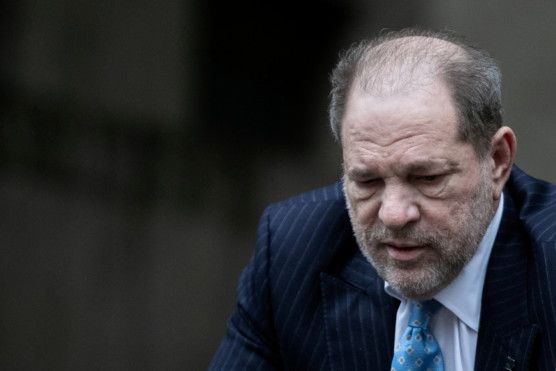
Prosecutors in Harvey Weinstein’s rape trial rested their case after more than two weeks of testimony punctuated by harrowing accounts from six women, including some who said he ignored pleas of “no, no, no” and justified his behaviour as the cost of getting ahead in Hollywood.
Now Weinstein’s lawyers will start calling witnesses of their own as the landmark celebrity trial moves one step closer to a verdict. They haven’t said whether Weinstein himself will testify. Doing so could bring big risks because prosecutors would be able to grill him about each of the allegations that jurors have already heard about in vivid detail.
Weinstein attorney Donna Rotunno immediately asked the judge to dismiss the case, arguing that testimony from the woman he is charged with raping “does not in any way show a forcible act by Mr Weinstein.” The judge rejected the request.
Among the witnesses the defense is expected to call is a psychologist who specialises in human memory. The defense is looking to raise doubts about the women’s recollections of encounters that in some cases are more than a decade or two old.
The criminal charges at the trial in New York City are based on two allegations: that Weinstein raped a woman in March 2013 and that he forced oral sex on another woman in 2006.
The allegations against Weinstein helped fuel the #MeToo movement. If convicted, he could spend the rest of his life in prison.
Weinstein, 67, maintains that any sexual encounters were consensual but taking the witness to say so could be risky.
Prosecutors ended their case after the last of the other accusers allowed to testify finished telling jurors about about an encounter with the disgraced movie mogul in 2013.
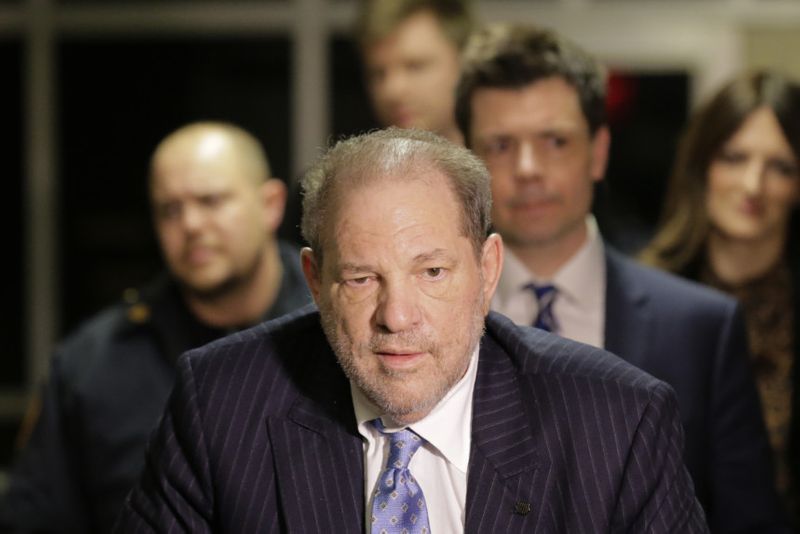
Lauren Marie Young, a model from suburban Philadelphia, testified that Weinstein invited her to his Beverly Hills hotel room, lured her to the bathroom, stripped off his clothes, pulled down her dress and groped her breast. Her allegation is part of a criminal case that was filed against Weinstein in California just as this trial was getting underway.
Additional women, including Young, have been allowed to testify in the New York case as prosecutors attempt to show there was a practiced method to Weinstein’s attacks, including inviting women to his hotel room to discuss business, then disrobing and demanding sexual favors.
Her testimony bookended that of the first accuser to testify, actress Annabella Sciorra, who alleges Weinstein barged into her apartment in the mid-1990s, threw her on a bed and raped her as she tried to fight him off by kicking and punching him.
Most were aspiring actresses. Sciorra was a star on the rise. Another, the 2006 accuser Mimi Haleyi, was looking at the time to get more involved in behind-the-scenes aspects of the entertainment business.
The defense planned to open its case Thursday by calling two men who knew Sciorra: the director of a early 1990s film she starred in for Weinstein’s movie studio and a former agent who Weinstein later enlisted to figure out if the actress was speaking to reporters about his alleged misconduct.




